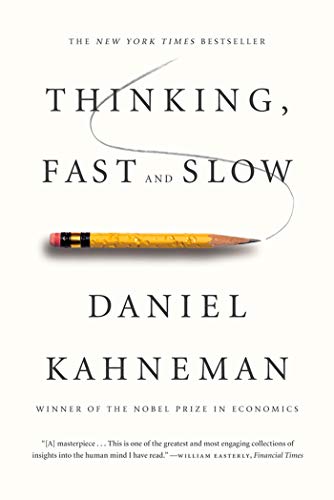
READ AND LEARN
Crucial Conversations
Crucial Conversations is a practical guide to handling high-stakes conversations in any situation. The book provides a framework for approaching difficult conversations with a clear head, understanding the underlying dynamics, and achieving positive outcomes.
Kerry Patterson, Joseph Grenny, Ron McMillan, and Al Switzler are co-founders of VitalSmarts, a training and development company that specializes in corporate training programs for communication, leadership, and performance improvement. Together they have authored several best-selling books, including Crucial Conversations, which has sold over 2 million copies and has been translated into over 30 languages.
Crucial Conversations is a practical guide to handling high-stakes conversations in any situation. The book provides a framework for approaching difficult conversations with a clear head, understanding the underlying dynamics, and achieving positive outcomes. The authors provide actionable strategies for navigating conversations about sensitive topics, dealing with difficult people, and avoiding common communication pitfalls.
The book identifies key skills required to engage in effective dialogue, including staying focused on the problem at hand, creating a safe environment for all parties involved, and recognizing when to step back and allow the other party to express their point of view. The authors stress the importance of maintaining open and honest communication, and the value of seeking mutual understanding and agreement. They also provide useful tools for managing emotions, overcoming barriers, and building trust in relationships.
Key takeaways from the book include:
The importance of identifying and addressing crucial conversations
The need to create a safe environment for dialogue
The importance of staying focused on the problem, not the person
How to use facts and evidence to support your point of view
The value of seeking mutual understanding and agreement
Strategies for managing emotions during difficult conversations
How to identify and avoid common communication pitfalls
The importance of building trust in relationships
Techniques for dealing with difficult people and situations
The need to practice and apply these skills in everyday life
Thinking, Fast and Slow
"Thinking, Fast and Slow" is a bestselling book by Daniel Kahneman, a Nobel Prize-winning economist and psychologist.
"Thinking, Fast and Slow" is a bestselling book by Daniel Kahneman, a Nobel Prize-winning economist and psychologist. Kahneman is a pioneer in the field of behavioral economics, and his work focuses on the cognitive biases that affect human decision-making.
The book explores the way our minds work and how we make decisions. It is divided into two parts: the first part describes the two different systems that govern how we think, while the second part examines the various biases and errors that can occur in our decision-making processes.
Kahneman argues that our minds work in two different ways: System 1, which is fast and intuitive, and System 2, which is slow and deliberate. He explains how these two systems interact, and how they can be influenced by biases, emotions, and other factors that affect our thinking.
The book offers many insights into the way our minds work, and how we can become more aware of our cognitive biases and improve our decision-making processes. Here are ten key takeaways from "Thinking, Fast and Slow":
Our brains rely on heuristics, or mental shortcuts, to make decisions quickly.
These mental shortcuts can lead to cognitive biases that affect our decision-making.
We tend to overestimate the likelihood of rare events and underestimate the likelihood of common events.
Confirmation bias leads us to seek out information that confirms our pre-existing beliefs.
The availability heuristic causes us to overestimate the importance of information that is easily accessible.
Loss aversion can cause us to make decisions that are not in our best interest.
We often rely too heavily on intuition and fail to consider alternative explanations for our experiences.
Framing can influence our decisions by changing the way we perceive the options available to us.
We are more likely to trust people who are like us and who we perceive as being trustworthy.
We can improve our decision-making by becoming more aware of our cognitive biases and making a conscious effort to avoid them.
"Thinking, Fast and Slow" is a fascinating book that offers many insights into the way our minds work. It is a must-read for anyone who wants to better understand how we make decisions and how we can improve our decision-making processes.
Stay connected
Ad
We want information fast and in a nutshell. We from OI recommend Blinkist* - because it’s simply the best.
* = Affiliate link















